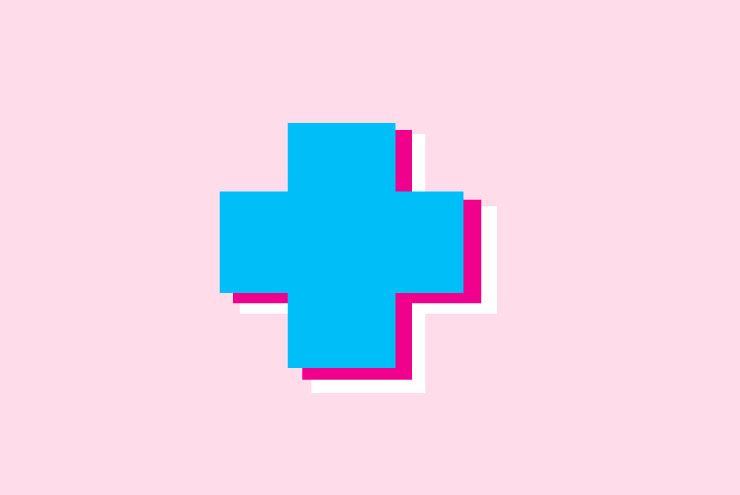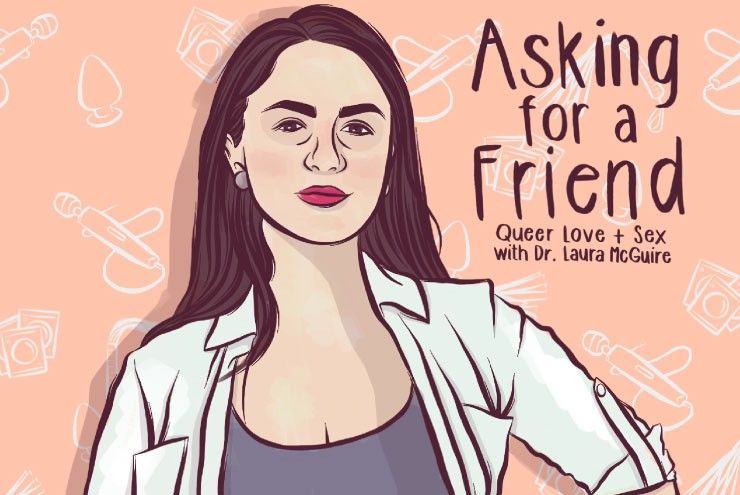By Aimée Pezina
Abortion is a polarizing issue, but every person who can conceive a child is worthy and capable of making the private decision whether or not to have the procedure.
Historically, the anti-abortion crusade has been heavily targeted toward cisgender women. Yet, cisgender women are not the only people who can get pregnant or receive an abortion—many transgender men, intersex, nonbinary, and gender-nonconforming people can too.
Safe and legal healthcare is a human right, and we cannot continue to exclude trans and gender-nonconforming people from reproductive healthcare and abortion conversations.
The reproductive rights of transgender people have been under attack by the Trump administration from the moment he took office. If retroactive laws continue to be implemented across the country, entire communities of people will face legalized discrimination.
The National Center for Transgender Equality (NCTE) has maintained an ongoing record of Trump’s major actions against transgender and LGBTQ people. On his inauguration day, all mentions of LGBTQ people were removed from the websites of the White House, Department of State, and Department of Labor. One of the most absurd rules, proposed by the Department of Health and Human Services in January 2018, allowed medical providers to deny treatment to trans people in need of reproductive care.
According to the Movement Advancement Project, thirty-six states and four territories do not have laws that provide LGBTQ people with inclusive insurance protections. Only twelve states, one territory, and Washington DC have laws to prohibit health insurance discrimination based on a person’s sexual orientation or gender identity. The general public needs to be more active to ensure that every person has the right to equal and non-discriminatory healthcare providers.
It’s also critical to understand how current reproductive healthcare resources are received by trans and gender-nonconforming people. For example, the NCTE found that “some trans people who need access to abortion funds and other support may be put off by ‘women’s branding,’” resulting in gender dysphoria, feelings of isolation, anxiety, and severe depression—at times, resulting in attempted suicide. The Trevor Project reports that the attempted suicide rate for transgender people is 40 percent, compared to the national average of 0.6 percent of adults.
The fight for equal access to abortion and reproductive healthcare for the LGBTQ community is ongoing. But everyone has the ability to help secure those rights through allyship and advocacy. By simply demanding that healthcare providers use inclusive language and pronouns, we can help others feel less alienated and start moving the needle forward. We must continue to leverage our power and make it known that abortion access is an LGBTQ issue.
Aimée Pezina is a senior journalism student at the University of Houston.







